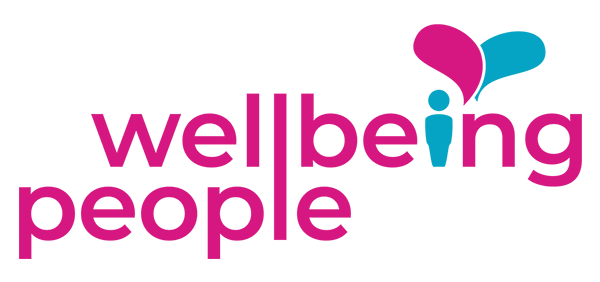Our perspective on flexible goal setting has been changing over recent years with less emphasis on big long term goals, but a shift towards breaking these down into smaller more achievable goals.
FLEXIBLE GOAL SETTING
Setting goals is important for us to achieve in both our personal and professional lives, and for our overall happiness. however, if our goals are unachievable due to external events or our own lack of direction or motivation, this can lead to feelings of disappointment, failure and a lack of impulsion to succeed. All of which can be detrimental to our mental and physical wellbeing.
Flexible goal setting is about adjustment. It is about finding our own strategies to cope and succeed when circumstances in our lives change. Without allowing ourselves the flexibility to make changes, a fixed long-term plan will not help us. Being flexible and adaptable is not about changing your mind or giving in, it is about allowing yourself to adapt to an ever evolving environment in order to accomplish your goals.

The benefits of MICRO-GOAL setting
Making smaller goals or breaking down our larger goals into smaller ones that we can realistically achieve is known as micro-goal setting. This doesn’t mean that we give up on our long term ambitions and desires, it just means that we have more chance of getting there! Micro-goal setting enables us to make gradual and continuous improvements by taking small steps. They are task specific goals that need to be done regularly in order to achieve our bigger goals.
So instead of trying to make drastic changes to your life with time restrictions, making small improvements every day will start to compound on each other and make the chances of reaching your target more attainable. Should life circumstances change, flexible goal setting makes it easier to adapt with the ability to make any adjustments to your daily tasks as required.
Workplace Wellbeing
Narrow the search for your next wellbeing initiative and discover the Wellbeing People approach to workplace wellbeing.
How to set micro-goals
Progress not Perfection supports flexible goal setting
Mastering flexible goal setting is about being more open with the ability to make adjustments, and is crucial not just in accomplishing our objectives but to help us achieve optimal wellbeing too. At Wellbeing People, we believe it’s the small things you do every day that result in life changing long-term transformations. Our signature Habits for Health programme focuses on weekly 1% progress experiments. These are designed to inspire action and boost self-awareness helping to create lasting change by making small, achievable changes to your daily routine.
When you improve a little each day, eventually big things occur. When you improve conditioning a little each day, eventually you have a big improvement in conditioning. Not tomorrow, not the next day, but eventually a big gain is made. Don’t look for the big, quick improvement. Seek the small improvement one day at a time. That’s the only way it happens, and when it happens, it lasts - John Wooden, Coach and Teacher
